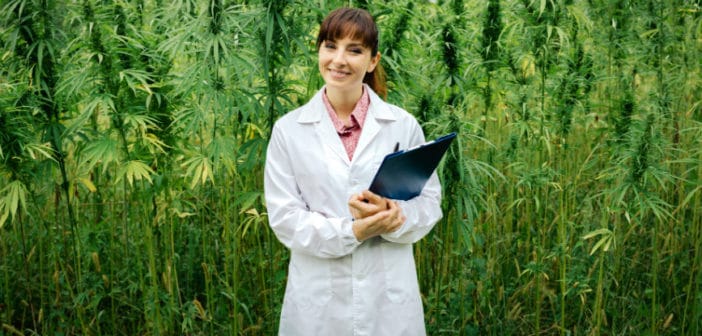 Anyone who’s hung around AA for at least a few months has likely heard the phrase “marijuana maintenance.” In case you haven’t, it refers to those 12-steppers who through either apparent dim-wittedness or defiance decide to continue smoking weed whilst abstaining from alcohol.
Anyone who’s hung around AA for at least a few months has likely heard the phrase “marijuana maintenance.” In case you haven’t, it refers to those 12-steppers who through either apparent dim-wittedness or defiance decide to continue smoking weed whilst abstaining from alcohol.
“What? It’s just pot?” a newbie in AA will say.
Inevitably (at least according to my own eight years of experience in AA), a sponsor, friend or long-timer will retort, “sobriety means abstinence from all mood and mind-altering drugs, and that includes weed.”
It’s easy to push back against this precept, given that weed is proven to offer several medicinal benefits—especially with pain relief that might otherwise require treatment via opiates that could potentially prove more hazardous than the weed itself. Some 12-steppers might go so far as to hide their use of medicinal marijuana from their peers or sponsor, thinking that—since it’s not their drug of choice—toking to take the edge off a bad migraine, or in the worst case pain from cancer, won’t do them much harm.
But this debate over the use of medical marijuana within 12-step circles gets even more complicated when we start talking about a kind of weed that can’t even get you high.
Wait, is This Too Good to be True?
The weed in question is called cannabinoids, or CBD. Unlike the famed THC (short for tetrahydroannabinol), CBD doesn’t produce any psychoactive symptoms, which renders it essentially non-addictive. But this doesn’t mean it loses its edge when it comes to medicinal power—studies have shown it possesses anti-seizure and anti-inflammatory properties, in addition to being a reliever of anxiety. It’s also been given to children with epilepsy in lieu of benzos and other addictive sedatives to ward off seizures.
This is arguably good news for both addicts and non-addicts alike who might otherwise have to take potentially-addictive drugs to treat seizures or anxiety. At the same time, CBD hasn’t been shown to help with super severe pain, so at present, sufferers must take a THC/CBD combination to get adequate relief, which can potentially yield a pot buzz.
A Cure For Every Ill
Nora Volklow, who heads the National Institute on Drug Abuse, has gone on record in tentative support of CBD use. In a report, she writes “CBD appears to be a safe drug with no addictive effects, and the preliminary data suggest that it may have a therapeutic value for a number of medical conditions.” She adds that, “pre-clinical research (including both cell culture and animal models) has shown CBD to have a range of effects that may be therapeutically useful, including anti-seizure, antioxidant, neuroprotective, anti-inflammatory, analgesic, anti-tumor, anti-psychotic and anti-anxiety properties.”
These are pretty strong words coming from a woman who heads up an institute bent on curbing drug abuse. Given the lengthy list of potential benefits of CBD, it’s awesome she’s taking the findings seriously and is advocating for more studies.
It’s particularly interesting that CBD-only marijuana has shown in pre-clinical trials to ward off two ailing states that THC can actually cause: psychosis and addiction. A few studies have shown CBD to be effective in treating psychosis in both schizophrenic patients and patients with Parkisons’s disease who also had psychotic episodes. On using CBD to treat addiction, Volklow writes that “Early pre-clinical findings also suggest that CBD may have therapeutic value as a treatment of substance use disorders. CBD reduced the rewarding effects of morphine and reduced cue-induced heroin seeking in animal models.”
So What About Those 12-Steppers?
If the doctor orders you smoke a few joints or eat some edibles to take away pain, or for any other health issue, I feel that’s between you and your doctor, not the 12-step community. I’ve written about how AA could definitely use an update, and in the case of medical marijuana maybe just a pamphlet would be enough. Either way you look at it, embracing the potential of cannabis to treat a whole host of health issues seems the most logical and the most humane, especially given the new info we’ve received on CBD. My only advice would be to stay off the THC stuff if you’ve got either a history of psychosis or schizophrenia in your family, because having a bad trip isn’t my idea of pain relief.
Sponsored DISCLAIMER: This is a paid advertisement for California Behavioral Health, LLC, a CA licensed substance abuse treatment provider and not a service provided by The Fix. Calls to this number are answered by CBH, free and without obligation to the consumer. No one who answers the call receives a fee based upon the consumer’s choice to enter treatment. For additional info on other treatment providers and options visit www.samhsa.gov.




